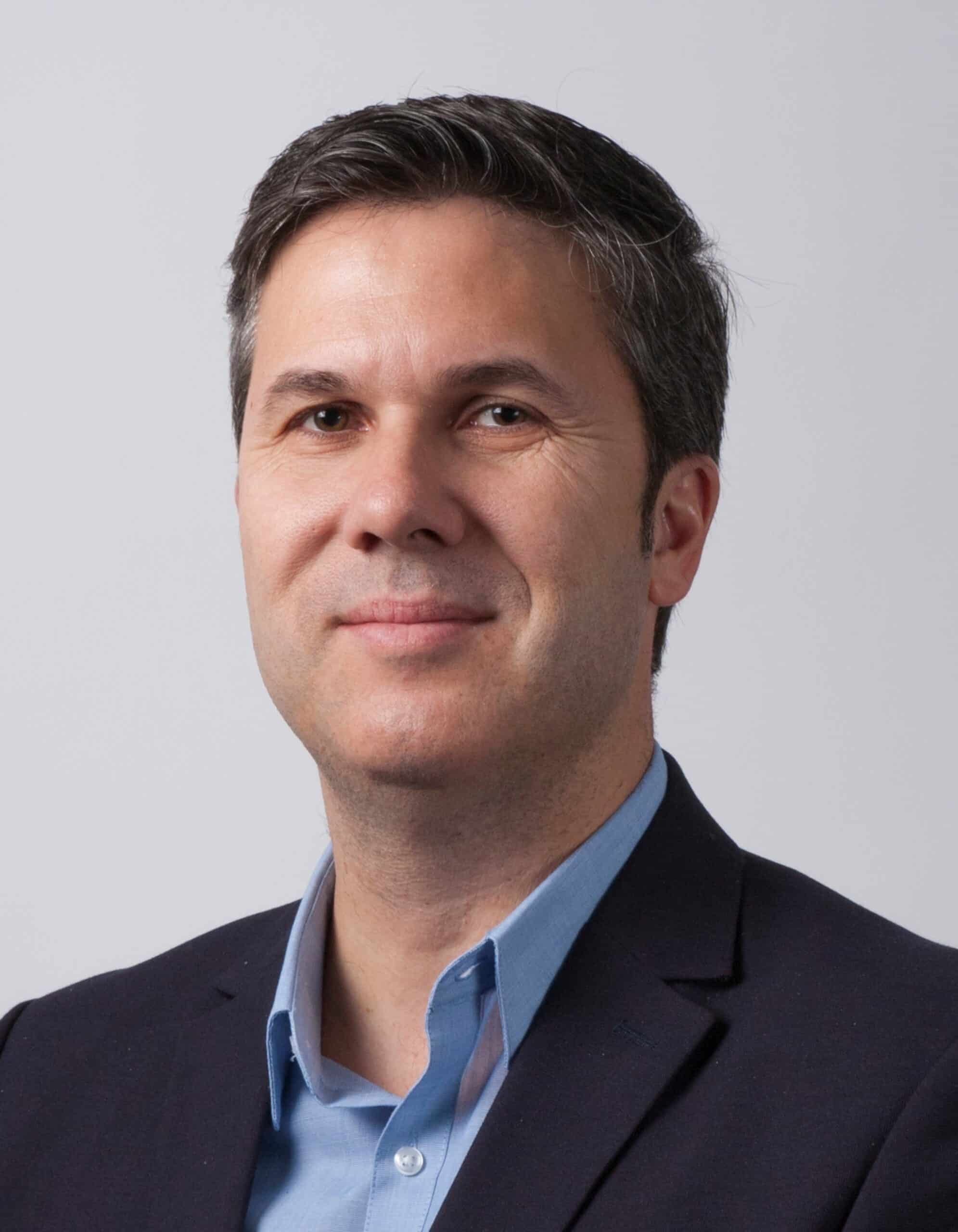With a market share of 25%, one out of four products with taste solutions in the supermarket is made with ingredients and technology from Givaudan. Switzerland-based Givaudan produces flavours and fragrances for consumer products. The flavours are used as ingredients for food and beverages.
With a market share of 25%, one out of four products with taste solutions in the supermarket is made with ingredients and technology from Givaudan. Switzerland-based Givaudan produces flavours and fragrances for consumer products. The flavours are used as ingredients for food and beverages.
Alexandre Bastos’s role leading the Front End Innovation programme at the flavours division of Givaudan is to explore emerging food technologies, business models and adjacent spaces, while bringing new opportunities by connecting with start-ups, entrepreneurs and innovation thought leaders that are disrupting the food and agriculture ecosystem. Alexandre is an active leader in the Givaudan journey to drive a more collaborative and inclusive working model to deliver innovation. From innovation in taste science and technology to innovation in agtech such as vertical farming, Givaudan knows what innovation in its broadest sense means. “Our view on innovation is holistic and broad, but we are always focusing on the product, solutions, techonology and experience we deliver to our customers,” states Alexandre.
At the upcoming F&A Next event, Alexandre Bastos will speak about innovation at Givaudan and the creation of the innovation platform called MISTA in San Francisco, wherein cooperation between different parties and an engaged ecosystem are key success factors.
How important is innovation for Givaudan?
“We spend nearly 10% of our yearly revenue on innovation, that’s about €450 million on an annual basis. We are in a very competitive industry and innovation is very important to differentiate and create real impact for our customers. However, we always say that innovation is disruptive technology that sells. So, there has to be a clear outcome and business impact of the innovation we do. We continually try to discover new flavours and emerging technologies to not only improve existing ingredients and find new ways of sourcing key raw materials, but also to find new or different ways to understand and know how consumers evolve and the reflection of their behaviors and preferences in the market and emerging technologies.”
How do you know in which area innovation is needed?
“We have a solid innovation process which takes into account the voice and needs of our customers, consumer trends and how food technologies are evolving and emerging. This process takes into consideration global, regional and local insights as they may per region or country. We translate all needs and insights in targeted actions which will then define our key innovation bets. This innovation process enables us to act quickly and define our innovation pipeline where we will work together with our customers and innovation partners.”
Do start-ups play a role for innovation at Givaudan?
“Yes, I think they play a key role not just at Givaudan alone, but in the entire industry. We believe that some of the next big things are coming from outside the existing companies or within collaboration between industry partners and foodtech innovators. At Givaudan, we have great appreciation for start-ups, their ways of innovating, speed and imagination. I think that there is a cultural shift in companies and the industry because of the start-ups and entrepreneurs. Therefore we work together with start-ups in food technology, ingredients, digitalisation and big data. We want to engage with them from early stages, nurture, enable, and as we say at Givaudan, partner for shared success. It is all about creating business impact for both parties.
To bring innovation to a higher level, cooperation is key. That is why we launched MISTA, a new innovation platform for the food industry. In this platform, we give start-ups and established companies the chance to optimize innovation, products, business models and processes. Givaudan, Danone, Mars and Ingredion are the founding members of MISTA. Challenges can be tackled better when you do it together. It does take an ecosystem. My key message is therefore: you cannot do it alone. To illustrate that, all companies are busy with their own programs or plans, which are for example often presented at events. But at Givaudan, we believe there is a need to engage together as a whole ecosystem, from inception to prototyping and launching a new technology or solution. The innovation needs to be impactful to the whole ecosystem, otherwise it will be isolated and it will take longer to be developed and deployed.”
You just mentioned that a special team follows consumer trends. Is following the current trends the thing you want? It would seem more logical to know what is going to happen in the future?
“Yes, true. A striking quote that I find very applicable to Givaudan is ‘the best way to predict the future is to create it’. At Givaudan we work every day creating that future. As we predict from the trends and insights, we reflect and create a roadmap for the next 5 to 10 years to come. Our innovation is really based on a long term view. The key is to make sure we work on innovation that is relevant and some of what we see needs to mature before we act on it.”
